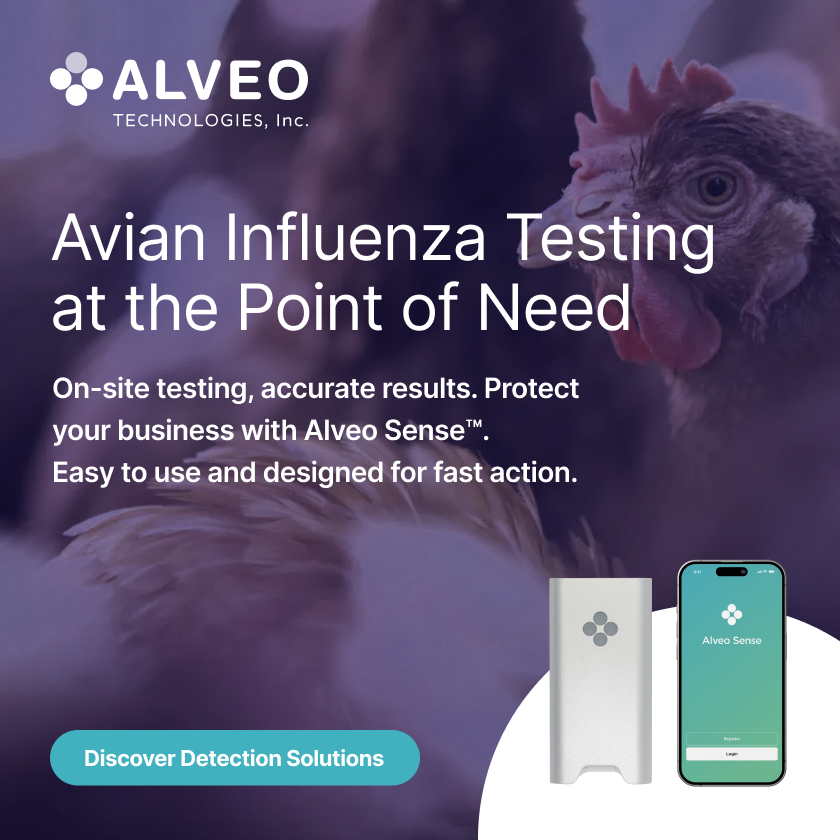Irradiation experiments were carried out by the means of the URT-0.5 accelerator. It has been established that electron beam irradiation with a dose ≥5 kGy is sufficient for full disinfection of the egg surface and the bremsstrahlung dose inside it will not exceed 80 mGy. This dose level should not lead to biological changes in the white or yolk. Economic analysis shows that the cost of irradiation of plastic packaging (10 eggs) will not exceed 1.2 eurocents (Sokovnin, 2021).
21 Apr 2021
New disinfection technology for packed eggs developed by Russian researchers
Russian researchers have developed a reliable packed eggs surface disinfection technology that helps kill bacteria on eggshells. "Food poisoning related to sanitary problems is among the most widespread illnesses in the world. An alternative way to reduce the microbiological contamination of foods is to use radiation sterilization".
Available in other languages:
Content available at:
العربية (Arabic)
“Food poisoning related to sanitary problems is among the most widespread illnesses in the world. An alternative way to reduce the microbiological contamination of foods is to use radiation sterilization”.
|
|
Russian researchers have developed an inexpensive, safe, and reliable packed eggs surface disinfection technology. This technology helps to kill bacteria, including salmonella, on eggshells. Also, it allows growing broiler chickens with strong immunity to viral diseases. Packed eggs are disinfected with 50 nanoseconds (one billionth of a second) electron beam. Disinfection takes place in plastic containers. The description of the technology was published in Food and Bioproducts Processing.
Disinfection does not affect the quality of meat and the volume of chicks. So, if 63% of chickens hatch from ordinary eggs, then from processed ones – 64%. But the difference is that healthy chickens emerge from the disinfected eggs.
“86% of chickens from untreated eggs show signs of chronic inflammation. In chickens from irradiated eggs, this figure reached only 4%”, said Sergey Sokovnin. “At the same time, chickens from the second group had an increased immunity to Newcastle disease. This is a bird’s viral disease. It means that chickens from sterilized eggs will be less sick. And it will be possible to significantly reduce the dose of antibiotics when they are growing.”
The technology also saves time for industrial manufacturers. Hatching chickens from clean eggs takes about six hours less. Instead of the usual 22-24 hours, chickens appear in 16-18 hours. This is extremely important as it reduces production costs.
There are no serious technical problems with the implementation of the technology. The small size of the accelerator makes it easy to integrate into existing lines for control and packaging of eggs in poultry farms. The technology, according to scientists, can also be used to disinfect the surface of eggs of other birds, as well as products with peels or another natural packaging (seeds, bananas, oranges).
Benefits of using the surface disinfection of the packed egg technology for hatching eggs are:
- 1. 20-fold reduction in a number of chronic inflammatory processes in chickens in a batch hatching from irradiated eggs
- 2. Less time needed for the irradiated eggs to hatch (six-hour decrease)
- 3. An increase in the average weight of the chicken carcass by 2%
Sources:
-Sergey Sokovnin, An electron beam technology of surface disinfection of the packed egg. Food and Bioproducts Processing, Volume 127. 2021. Pages 276-281. ISSN 0960-3085. doi.org/10.1016/j.fbp.2021.03.009.







































